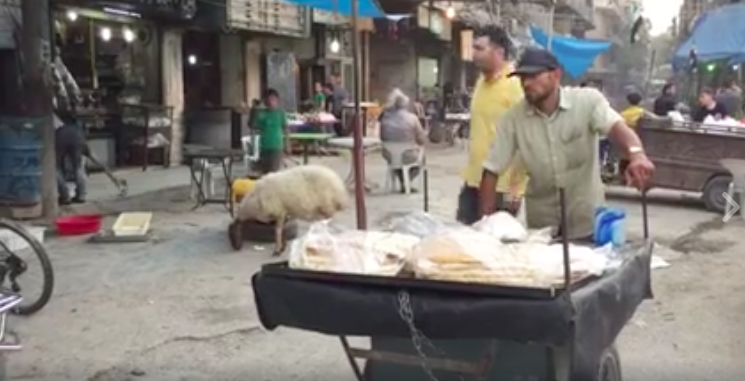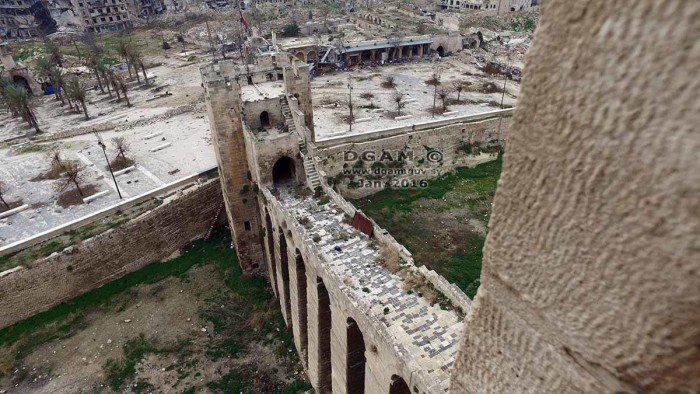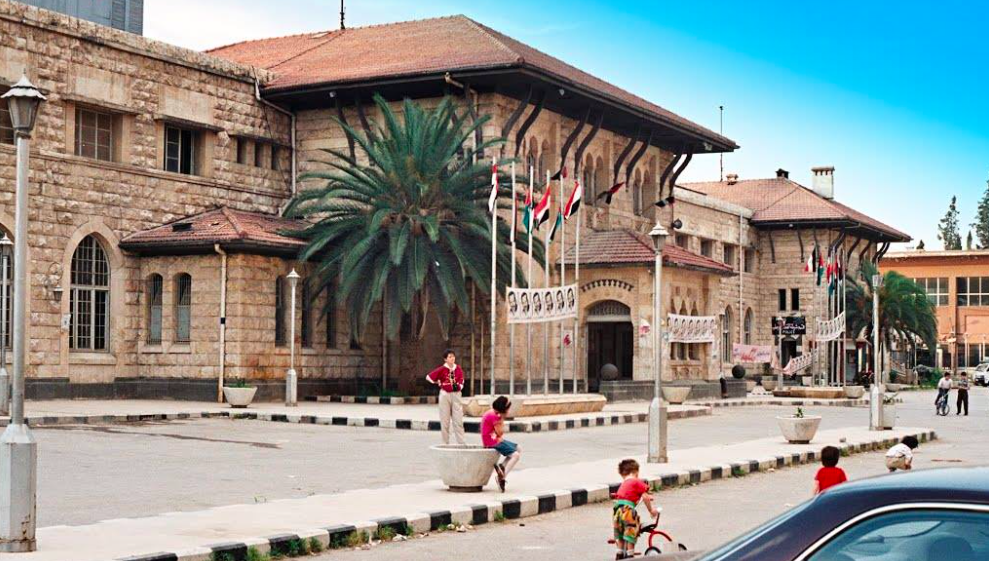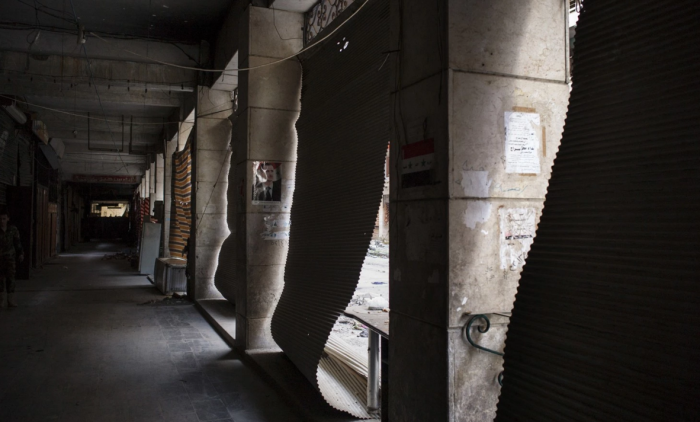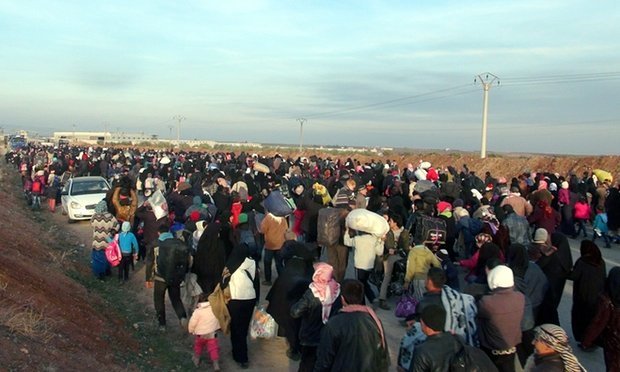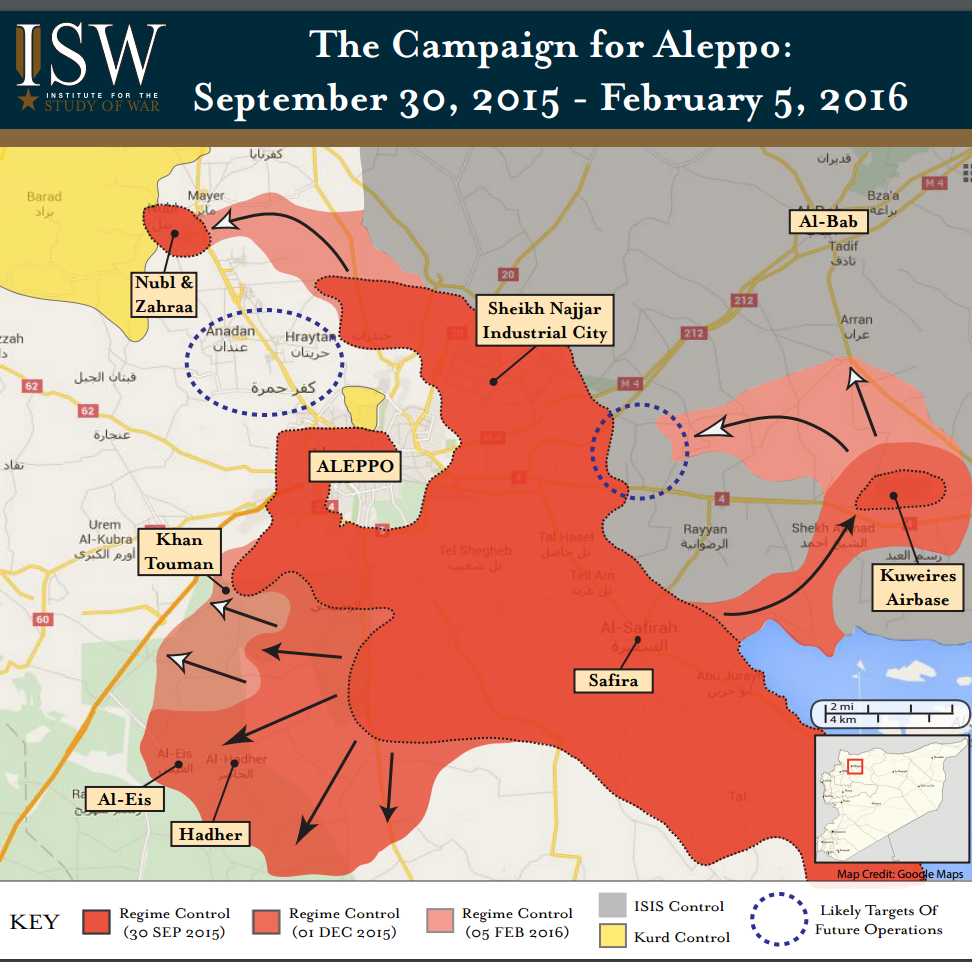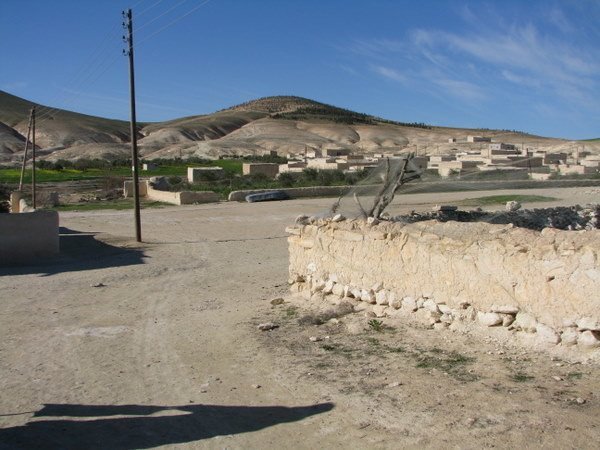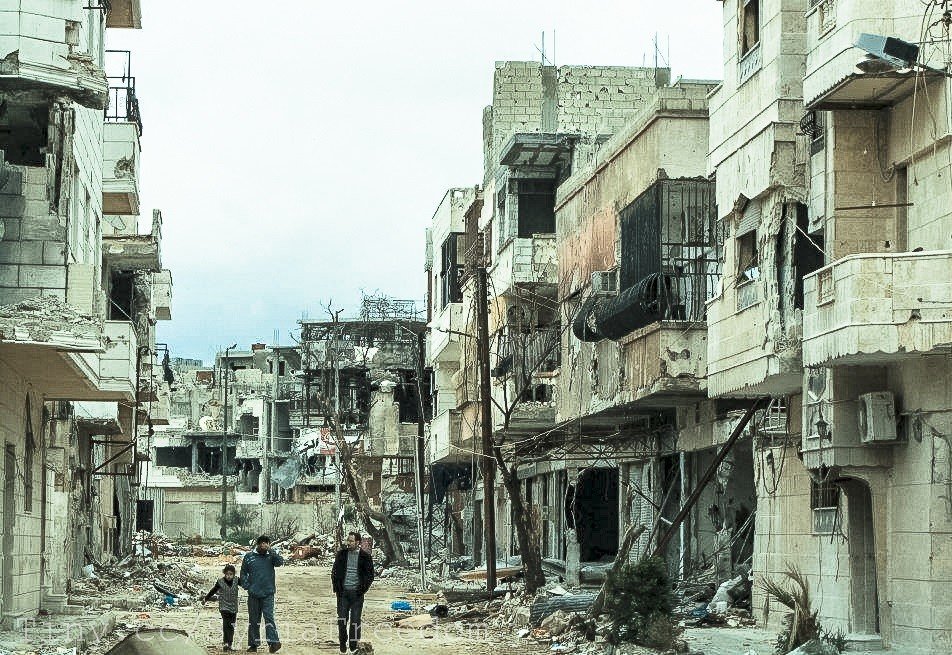An opinion piece
The Arab Spring protests reached Syria in March 2011, the pro-democracy uprising, initially demanding reforms, soon turned into a civil war and violence escalated as a result of the government forces utilizing brutality to suppress the civil movement. More than seven years of conflict lead to the deaths of over 400,000 Syrians; millions were forcibly displaced, and the country is devastated economically. Since the beginning of the conflict, more than four million Syrians have fled to neighboring countries such as Turkey, Lebanon and Jordan, and an estimated 6.1 million people have been displaced within Syria, bringing the total number of expelled Syrians to a staggering 11.5 million (UNHCR 2017).
read more The Aleppo Project
The Aleppo Project
